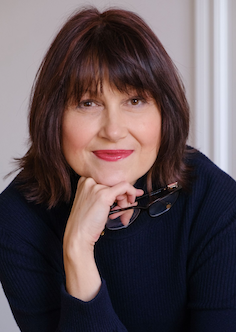Revolution, Trauma, and a Transition to Nowhere - Thoughts on Russian Music and Culture post-1991
Prof. Marina Frolova-Walker FBA (University of Cambridge)
8 July 2022, 6 pm CEST | 8. Juli 2022, 18 Uhr MESZ
You can see a video of this lecture in youtube. Please note that by clicking on the link you are transferred to youtube, accepting the google/youtube data policies.
Respondent: Prof. Dr. Christoph Flamm (University of Heidelberg)
In the studies of post-Soviet space the term »transition to democracy«, so prevalent in the 1990s, has met an early demise. The optimistic narrative of transition first became impatient with the slowness and hesitancy of the process, then suffered from the uncertainty of the moving or even vanishing target, and was finally abandoned by scholars as it became clear that the post-Soviet nation-states were taking shape in some yet unprecedented forms that required unbiased analysis.
The place of optimistic teleologies has been taken by hindsight-driven narratives portraying the collapse of the Soviet Union as a traumatogenic event and the culture of the succeeding period as trapped in the state of the ›post‹. In this paper I will take post-socialist theories of cultural trauma as my starting point and test them against a number of case studies, both musical and more broadly cultural. I will then consider the double-edged nature of the »post-traumatic« narrative which can be utilised by both the supporters and opponents of the current political order in Russia, and the difficulties this creates for Western observers. It is hoped that this paper will help to explain some of the mechanisms that have led to the current catastrophe.

Marina Frolova-Walker FBA is Professor of Music History at the Faculty of Music, University of Cambridge, Fellow of Clare College, Cambridge, and currently Professor of Music at Gresham College, London. She is the author of Russian Music and Nationalism from Glinka to Stalin (Yale, 2007), Stalin's Music Prize: Soviet Culture and Politics (Yale, 2016), and co-author (with Jonathan Walker) of Music and Soviet Power, 1917–32 (Boydell, 2012). In 2015 she was awarded the Edward J. Dent Medal by the Royal Musical Association for ›outstanding contribution to musicology‹.